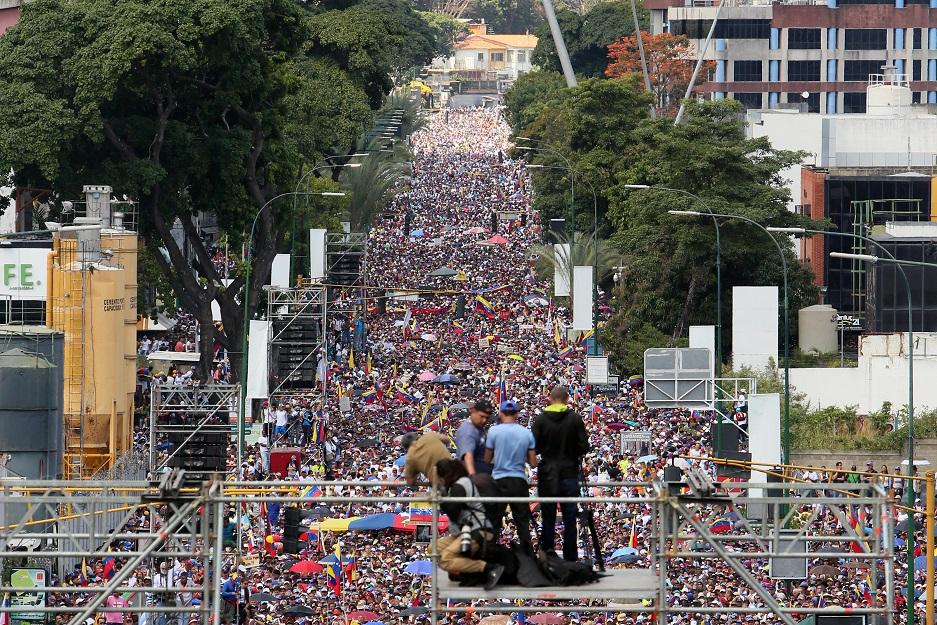Commentary
The United States, South America, and the rest of the globe face acceleration of a “slow-motion train wreck” into a full-blown, off-the-rails catastrophe in Venezuela.

The United States, South America, and the rest of the globe face acceleration of a “slow-motion train wreck” into a full-blown, off-the-rails catastrophe in Venezuela.